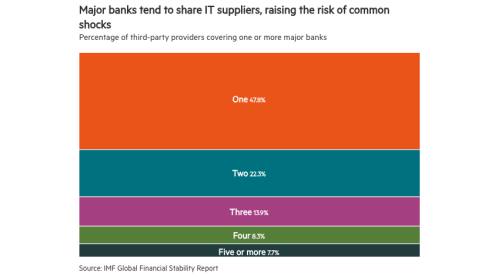Following several weeks of unrest, after disputed parliamentary election results, Kyrgyzstan faces an uncertain political future.
Opposition groups argue that the election on October 3, which showed political parties allied to President Sooronbai Jeenbekov winning the largest share of the vote, was rigged. The country’s central election commission has since invalidated the results.
Last week, following continued opposition pressure, the country’s prime minister stepped down and the president offered to resign once some stability has been restored.
Nationalist politician Sadyr Zhaparov has been named as a replacement prime minister by parliament. However, the political situation remains highly unstable, and it is unclear whether Mr Zhaparov’s appointment will calm the situation given the many factions competing for their own interests. A state of emergency has also been declared in the country following violent street protests in recent weeks.
The country has often faced political instability since becoming an independent state in 1991, with two presidents deposed in the past 15 years following popular revolts. Its economy has also struggled with its continued reliance on a single gold mine and remittances from overseas workers, which together account for more than a third of GDP.
Its three largest banks – Kyrgyz Investment and Credit Bank, Optima Bank and RSK Bank – saw their pre-tax profits drop considerably following the last period of political disruption in 2015. However, they may be able to weather any upcoming disruption better than in previous years, as Banker Database data shows they are now considerably better capitalised.






